IFC Full Form: The IFC Full Form is an International Finance Corporation a global financial organisation that supports the growth of the private sector in underdeveloped nations by providing asset management, advisory, and investment services. The IFC has its headquarters in Washington, D.C. in the United States and is a member of the World Bank Group. As the private sector division of the World Bank Group, it was founded in 1956 to advance economic development by funding initiatives that would reduce poverty and improve development.
Table of Contents
IFC Overview
This section provides a short overview of IFC (International Finance Corporation). Let’s have a look:
| IFC Full Form | International Finance Corporation |
| Headquarters | Washington, DC, U.S |
| Formation | July 20, 1956 |
| Managing Director | Makhtar Diop |
| Method | Social science research |
| Website | www.ifc.org |
| Official languages | English |
History
At the Bretton Woods conference in 1944, delegates created the World Bank and International Monetary Fund. In 1946, the International Bank for Reconstruction and Development, the only member of the World Bank at the time, started operations. Robert L. Garner voiced his belief that private enterprise might play a significant role in global development when he joined the World Bank in 1947 as a senior officer. In 1950, Garner and his associates recommended creating a new organisation to make private investments in the underdeveloped nations the World Bank assisted.
The World Bank and an international corporation were encouraged to partner to engage in private businesses without relying on government guarantees, without managing those businesses, and with the help of outside investors. In 1955, World Bank President Eugene R. Black said of the IFC that it would not manage the projects it invested and would only make investments in private companies instead of lending money to governments.
Objective of IFC
IFC invests in projects that have beneficial social and environmental consequences to boost private sector growth and achieve comprehensive and sustainable economic development. Its main goals are to help developing nations’ businesses develop by providing financial, technical, and consulting assistance. IFC also promotes private sector investment in poverty-fighting sectors like agriculture, healthcare, education, and microfinance to raise living standards and create economic opportunities for low-income communities. IFC helps promote sustainable development by investing in projects with high environmental and social standards, responsible resource management, and sustainable business practices.
Supporting startups, SMEs, and innovative ventures promotes innovation, technology, and economic competitiveness. IFC also partners with financial institutions and promotes financial inclusion to increase access to credit, savings, and insurance services, which are essential for economic growth and empowering individuals and businesses to invest in their future.
Functions
In this section, you will get the information about the IFC functions.
Investment Services
Loans, equity, trade financing, syndicated loans, structured and securitized finance, client risk management services, treasury services, and liquidity management are all included in the IFC’s investment services. The IFC financed $12.7 billion in 528 projects in 103 countries during its fiscal year in 2010. About 39 per cent ($4.9 billion) of that total investment commitment went toward 255 projects in 58 countries that are members of the World Bank’s International Development Association (IDA).
Advisory Services
The IFC offers a variety of consulting services in addition to its financial activities to help businesses make decisions about their operations, the environment, their social effect, and their sustainability. The corporate guidance provided by the IFC focuses on corporate responsibility, scalability, managerial ability, and governance.
Asset Management Company
IFC Asset Management Company LLC (IFC AMC), a wholly-owned subsidiary of the IFC, was founded in 2009 to manage all capital funds to be invested in emerging countries. The IFC, as well as other development funding agencies and other third parties like sovereign or pension funds, mobilise capital, which is managed by the AMC.
Read also:
How Does the International Finance Corporation Works?
As a founding member of the World Bank Group, the IFC was created in 1956 to finance economic growth. It claims to be the biggest global development organisation with a focus on the developing world’s private sector. The IFC also aims to guarantee that private businesses in developing countries have access to markets and funding.
The promotion of sustainable agriculture, increasing small enterprises’ access to microfinance, assisting infrastructure upgrades, and advocating policies related to the environment, health, and education are just a few of the IFC’s most recently declared objectives. The IFC has its headquarters in Washington, D.C., and is administered by its 184 member nations.
IFC Products and Services
Investment Services:
- Loans: Lending money for long periods of time, usually 7 to 12 years, to help businesses and projects in poor countries.
- Equity Investments: Equity investments include putting money directly into businesses and banks, as well as joining private equity funds.
- Trade and Commodity Finance: Providing promises, risk-sharing facilities, loans, and structured goods to make trade easier in developing markets is what trade and commodity finance is all about.
- Derivatives and Structured Finance: Customized financial strategies to handle exposure to foreign exchange, interest rates, and asset prices.
- Blended Finance: For high-impact development areas, using blended finance methods to get around market hurdles and get private sector funding.
- Asset Management: Asset management means getting businesses in emerging countries and new markets the money they need and keeping it safe.
- Syndications: When the government and private companies work together to lend money to businesses in developing countries, this is called syndication.
Advisory Services:
- Government Advisory: Giving states advice and help on how to make places where private capital can flow.
- Business Advisory: Business guidance means giving advice to companies to help them run better and get access to private funds.
Treasury Client Solutions:
- Derivative Solutions: Offer derivative goods to protect against threats related to foreign exchange, interest rates, and commodity prices.
- Structured Finance: Structured finance means making structured finance options that fit the needs of each client.
- Local Currency Products: Providing goods and services to effectively handle local currency risks.
IFC’s Impactful Contributions in India
- The creation of jobs: IFC has helped many businesses because it knows the private sector is important for creating jobs. This has created a lot of job possibilities in India. It has helped create official jobs in fields like industry and power distribution by putting money into companies like Powerlinks Transmission and OCL India. These projects have not only helped India’s economy grow, but they have also made people’s lives better for thousands of people.
- Building up infrastructure and developing renewable energy: India’s growth has been greatly helped by IFC’s work to fund building projects and give advice to client governments on public-private relationships. It helps early-stage businesses grow through IFC InfraVentures and offers both stock and loan financing for infrastructure projects. IFC was also one of the first organizations to finance renewable energy projects. Since 2009, they have been providing complete financial solutions for companies in the solar, wind, and other renewable energy sectors.
- Helping with transportation and logistics: IFC is very important for improving transportation services in South Asia so that trade in developing countries can happen faster and for less money. Cold storage, agri-warehousing, and port management services have all gotten a lot better since money was put into companies like Snowman Logistics and Ocean Sparkle. IFC helps the area be more competitive and create jobs by backing logistics infrastructure that works well.
- Growth of the Capital Markets: Indian capital markets have grown thanks in large part to the help of the International Finance Corporation (IFC). It has run a $5.5 billion rupee bond program since 2013 to get money for important building projects like roads, power plants, airports, and more. Projects like the Masala Bonds and the seaside Maharaja Bonds have raised a lot of money from investors around the world, amounting to billions of dollars. This has made it easier for people to invest in India.
- Making financial inclusion possible: IFC is committed to increasing the number of people who can receive financial services that are specifically designed to meet their needs. This will help fight poverty. It has made it easier for families and businesses to get money by investing in microfinance institutions and other financial groups. Notably, IFC’s investments in companies like Aadhar Housing Finance and Fino PayTech have made it possible for low-income families and people who don’t have access to standard banks to get the services they need.
Conclusion
The International Finance Corporation (IFC) is very important for India and other emerging countries’ economic growth and poverty reduction. The International Finance Corporation (IFC) helps the private sector grow, infrastructure improve, the use of green energy grow, and transportation and operations get better by offering a wide range of services and investments. IFC also focuses on financial inclusion to make sure that underserved groups can get basic financial services, which gives them more economic power.
The organization’s dedication to eco-friendly methods and new ideas makes its effect on long-term economic growth and the well-being of society even stronger. As IFC continues to work with businesses, governments, and other interested parties, its contributions are likely to make a long positive difference that will bring wealth and chance to millions of people around the world.
Read also:
Frequently Asked Questions (FAQs)
What is the IFC Full Form?
The IFC Full Form is International Finance Corporation.
When IFC is established?
It was established on July 20, 1956.
What are the functions of IFC?
There are three major functions of IFC:
a) They provide Investment services
b) They provide advisory services
c) They manage all capital funds to be invested in emerging countries.
Read also:Top 10 NGO in India

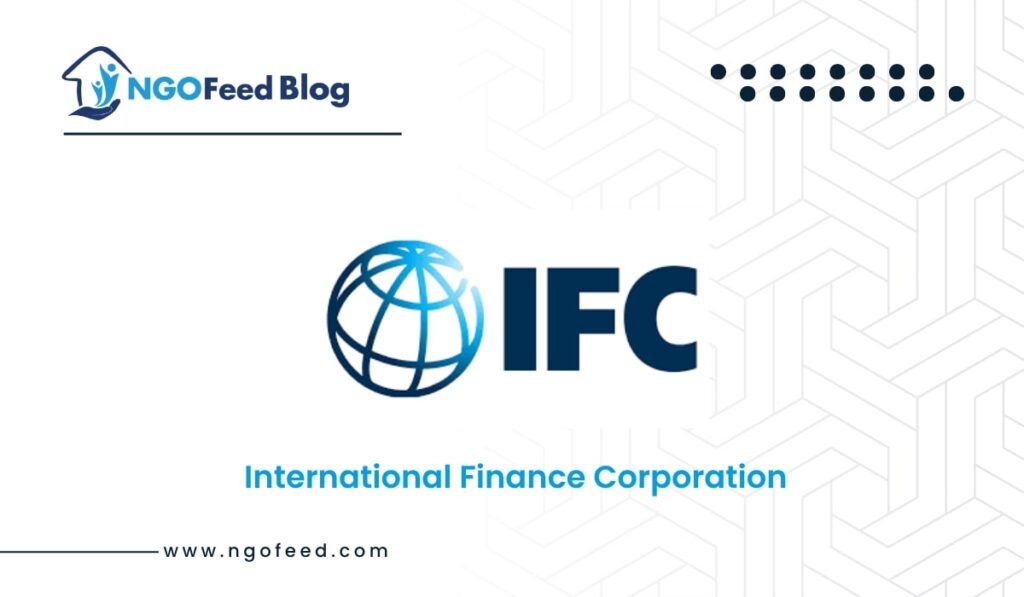
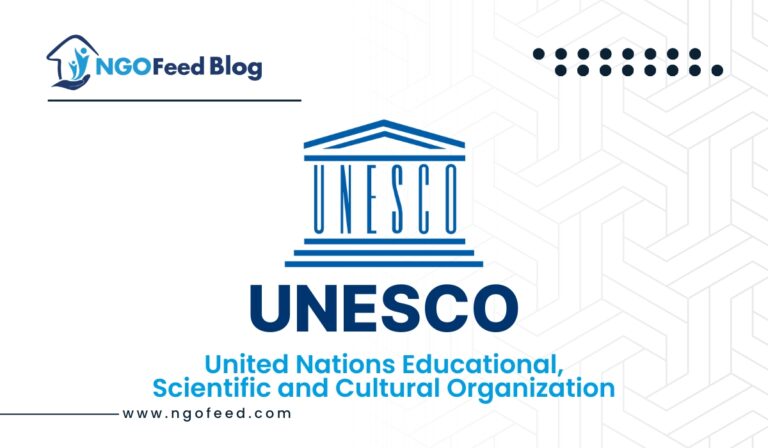
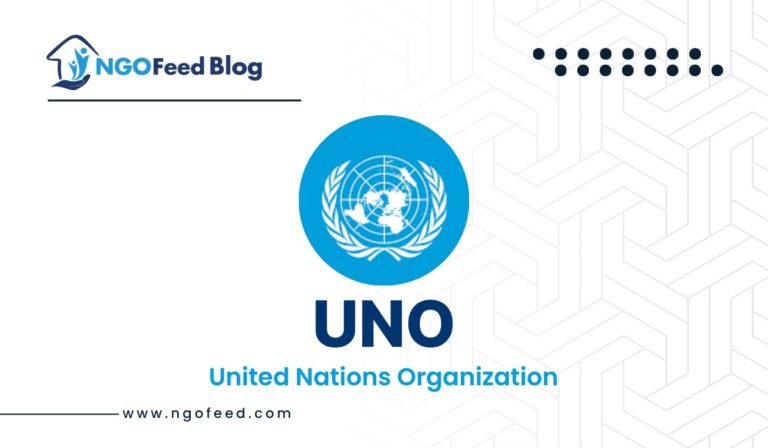
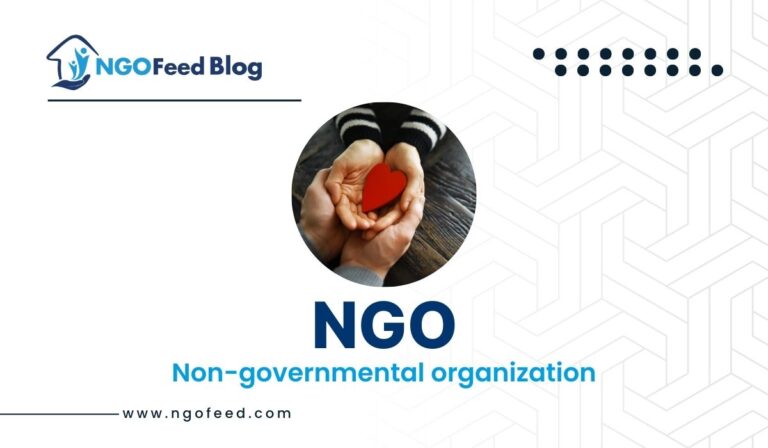
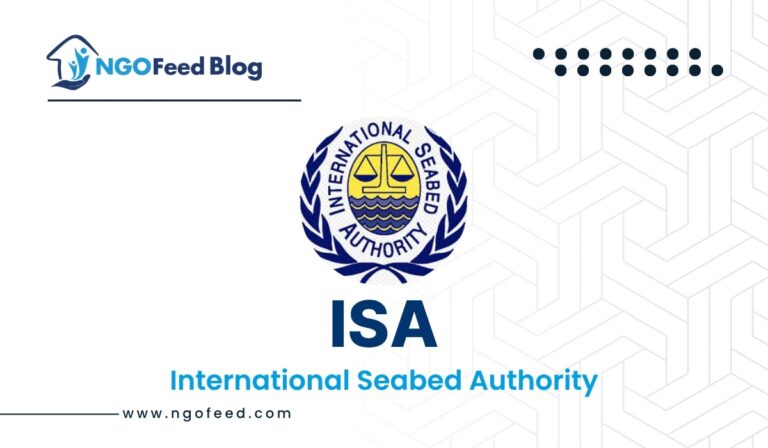
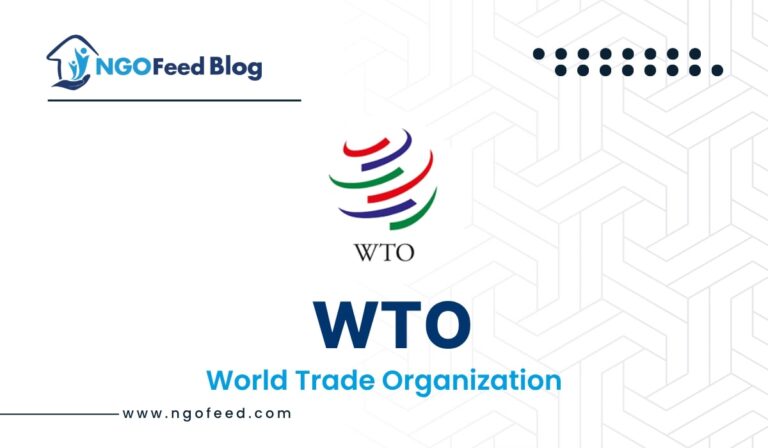
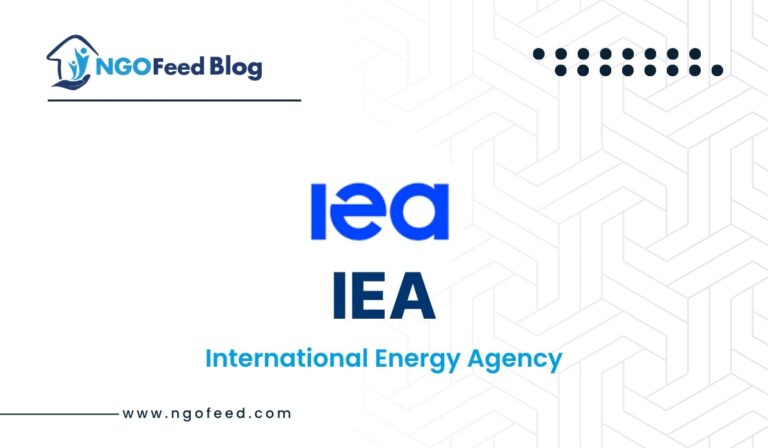
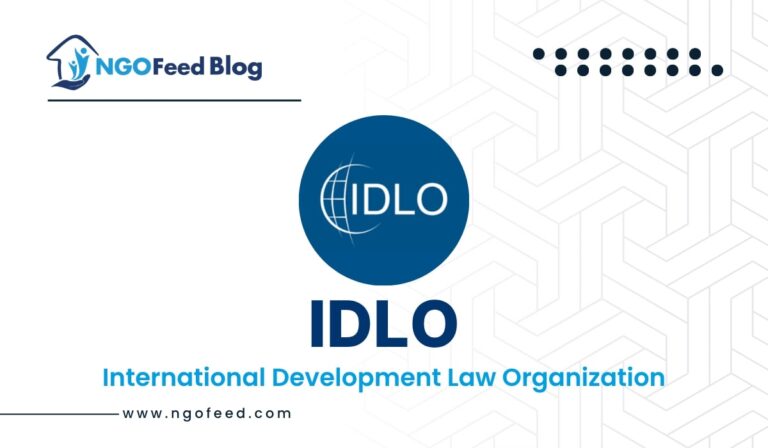
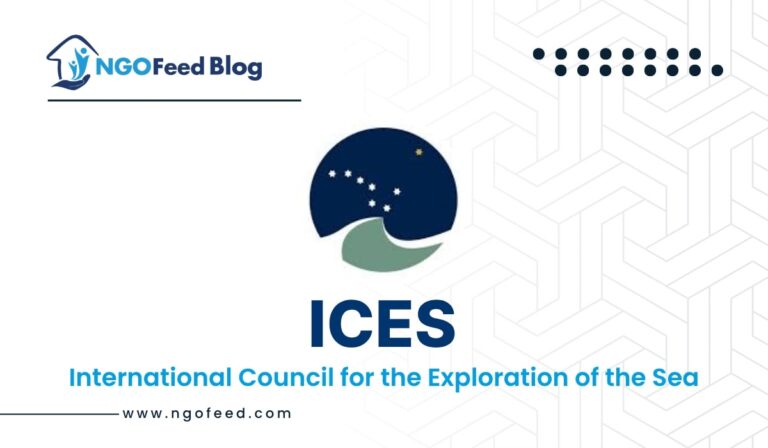
This is good
Thanks for your Valuable comment.